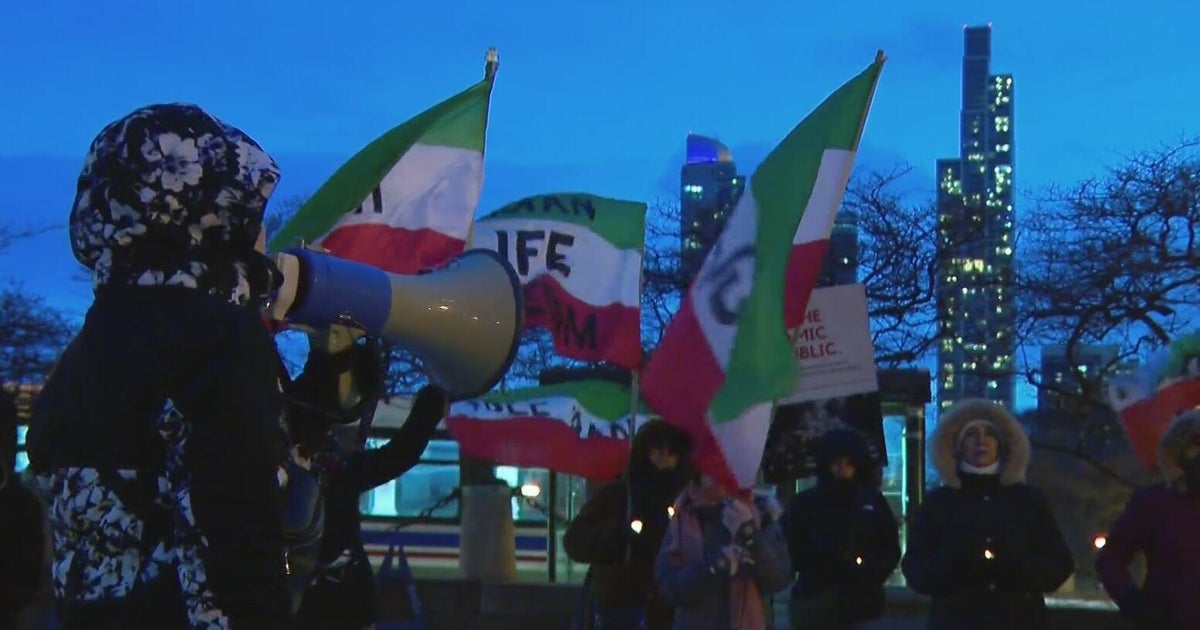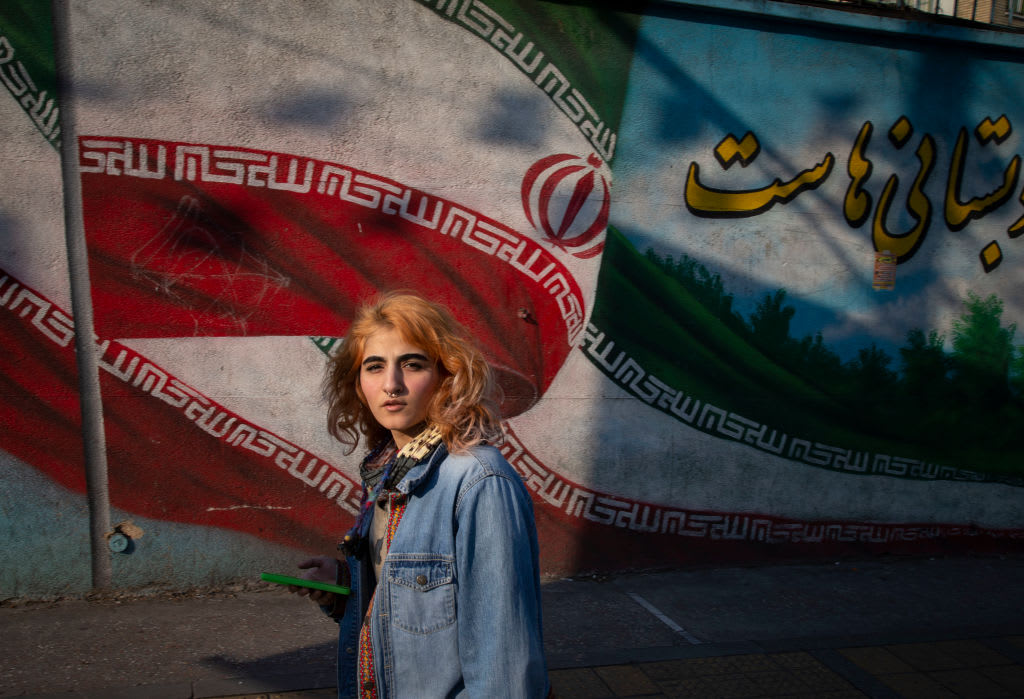Family of American prisoner moved to house in arrest in Iran "incredibly nervous about what happens next"
Washington — The family of Emad Shargi, who has been imprisoned in Iran for more than five years, is holding their breath as highly sensitive negotiations to bring home five Americans held in Iran play out.
"My family and I are just on pins and needles," his sister Neda Sharghi told "Face the Nation" on Sunday. "We're incredibly nervous about what happens next."
Sharghi said she was able to speak with her brother on a video call after his release to house arrest.
"I was able to look into his eyes," she said. "I'm happy to say that he's survived. He's alive, and we're so hopeful that we can have him at home in our arms, hopefully soon."
Four Americans who had been imprisoned in Iran were recently moved from Evin Prison and placed under house arrest as part of a deal negotiated by the Biden administration to eventually secure their freedom. A fifth American who was already under house arrest is also part of the agreement.
Their release from prison was the first step in a politically charged agreement that would bring the five Americans home in exchange for the Iranian regime gaining access to $6 billion of dollars in blocked funds.
Shargi, an American citizen who was born in Iran and left as a child, was detained in 2018 and eventually sentenced to 10 years in prison after being convicted in absentia on unsubstantiated espionage charges. The U.S. government considers him to be wrongfully detained.
News of the deal came was met with criticism from Republicans, who characterized the agreement as the Biden administration rewarding Iran's hostage taking by paying a ransom. The White House has pushed back on that notion, saying Iran will only be able to use funds from a pre-existing account for humanitarian purposes.
Sharghi said now is not the time for such a debate.
"I have seen families struggle and suffer. I know the devastation that families go through as they're trying to bring their loved ones home," she said. "We can have discussions about how to prevent this from happening in the future. But we don't do that on the backs of innocent Americans. We need to bring them home. And then we can have discussions about how we can prevent this in the future."
Rep. Mike Turner, the Republican chairman of the House Intelligence Committee, told "Face the Nation" on Sunday that the Biden administration should "work diligently" to bring these Americans home but "the terms of the deal are absolutely important."
"They appear to be careening toward a deal that would be informal, not subject to congressional oversight, because we wouldn't know all the terms," he said, expressing concern that stipulations about Iran's nuclear program could be included. "What we're concerned about is, we don't want a secret deal with Iran."
Turner also said Congress should consider banning travel to Iran.
Sharghi said it's a discussion lawmakers should have after detainees are home.
"I don't want to prevent people from doing that. But the reality is we need to sit down together both sides of the aisle and come up with ways that we can prevent this from happening again," she said. "Those discussions about prevention and deterrence can and should happen after they're home."






